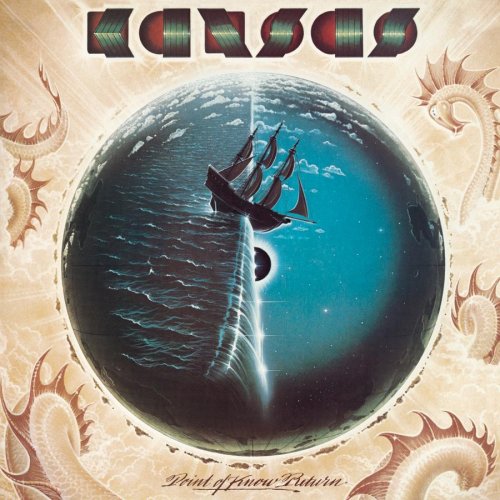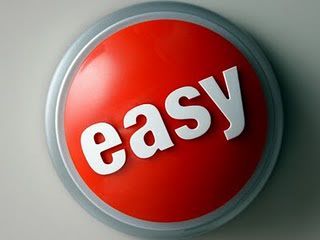A few years ago, I attended an event at which the discussion of early-stage funding arose, and I objected to, and clarified the various concepts regarding early stage. I wrote about it here. At times, I have described myself as allergic to investors. But the truth is, I mostly seek to avoid conversations wherein the two parties are speaking mutually incomprehensible languages. It's not that I dislike investors, more that I realize I simply don't speak their language.
When I was an undergrad at Indiana University, I worked a few years on the telefund at the IU Foundation. I was quite good at it, and received several awards. But in the years I worked there, they only once or twice assigned me to fundraising for sports scholarships. It wasn't simply that I raised no money on that first night, but rather a sense that I was better utilized in other domains. I just didn't speak the language needed to carry off raising money to support student athletes.
That was a salient point. It is not so often a question of capability as it is a question of "for what?" In the four years I have led this enterprise, I've done well enough to bring in over $1m in non-dilutive funding, to support R&D efforts that I passionately believe in. I've moved out of my home office, to a building downtown. I've hired and fired. And I've made decisions (and delegated tasks) that I hadn't ever considered before then.
I'm most comfortable leading the technology side of things. I'm good at solving problems, about connecting disparate fields and ideas into a cohesive approach, about uncovering fundamental assumptions that serve as hidden roadblocks to resolution. I'm good at envisioning potential applications. But I'm not quite as adept at researching the market and determining price points, at grasping the strengths and weaknesses of competition, and the holes that provide a key to product success.
A restaurant runs smoothly only when the kitchen staff is skillful, the cleaning crew effective, and the waitstaff courteous and efficient. Running the technology end of my business is akin to being the chef. You must be responsive to the needs of the customers, and able to interpret their desires from the waitstaff. But somehow it's better that the waiters intervene.
Lately, I have come to realize there are limits to my capacity to continue wearing so many hats. The time has come to take a step back and decide just what areas are to remain my purview, and just which I will seek others to take on. Is it time for me to bring on a CEO or a VP for Business Development? I guess that may be the journey that begins around the next bend.








